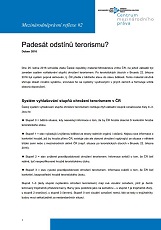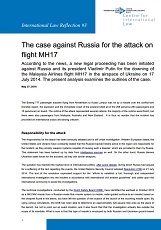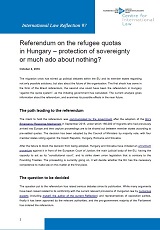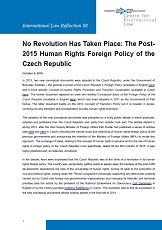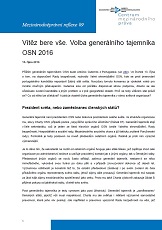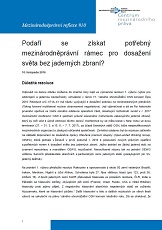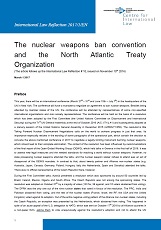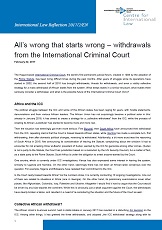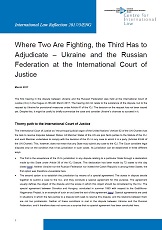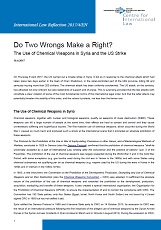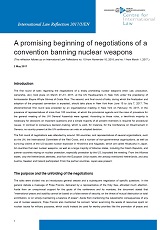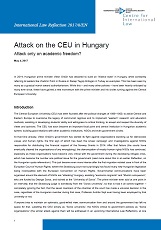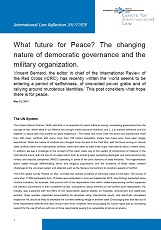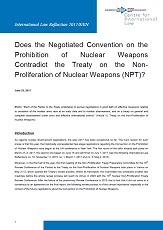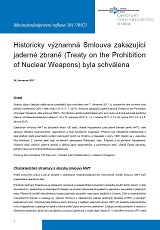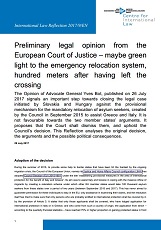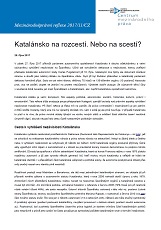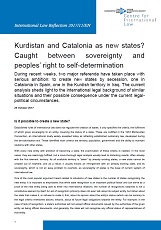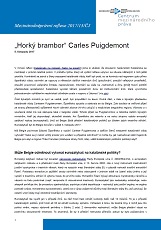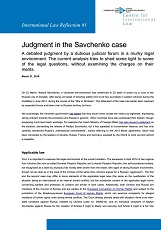
Judgment in the Savchenko case
Judgment in the Savchenko case
Keywords: Nadiya Savchenko;
On 22 March, Nadiya Savchenko, a Ukrainian servicewoman was sentenced to 22 years in prison by a court in the Russian city of Donetsk, after being convicted of directing artillery fire to kill two journalists in eastern Ukraine during the hostilities in June 2014, during the course of the “War in Donbass”. The defendant of the case had earlier been captured by separatist forces and taken over to Russian territory by force. Not surprisingly, the Ukrainian government has stated that they would never accept the verdict as legitimate, expressing strong criticism towards the procedure and Russia in general. Other countries have also expressed their disdain, though employing much less harsh wordings. For example the Czech Ministry of Foreign Affairs has also issued a statement on the situation, demanding the release of Nadiya Savchenko, but it has appealed to humanitarian reasons, and has only carefully mentioned Russia’s „international commitments”, mainly referring to the 2015 Minsk agreement, which had been concluded by the leaders of Ukraine, Russia, France and Germany, assisted by the OSCE to work out and uphold a ceasefire.
More...
